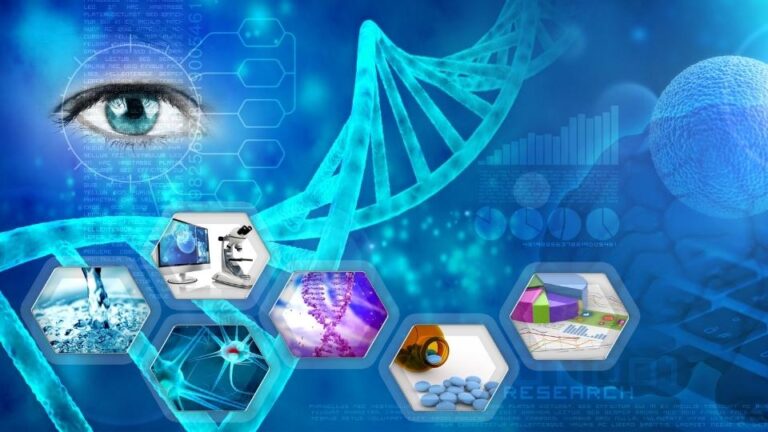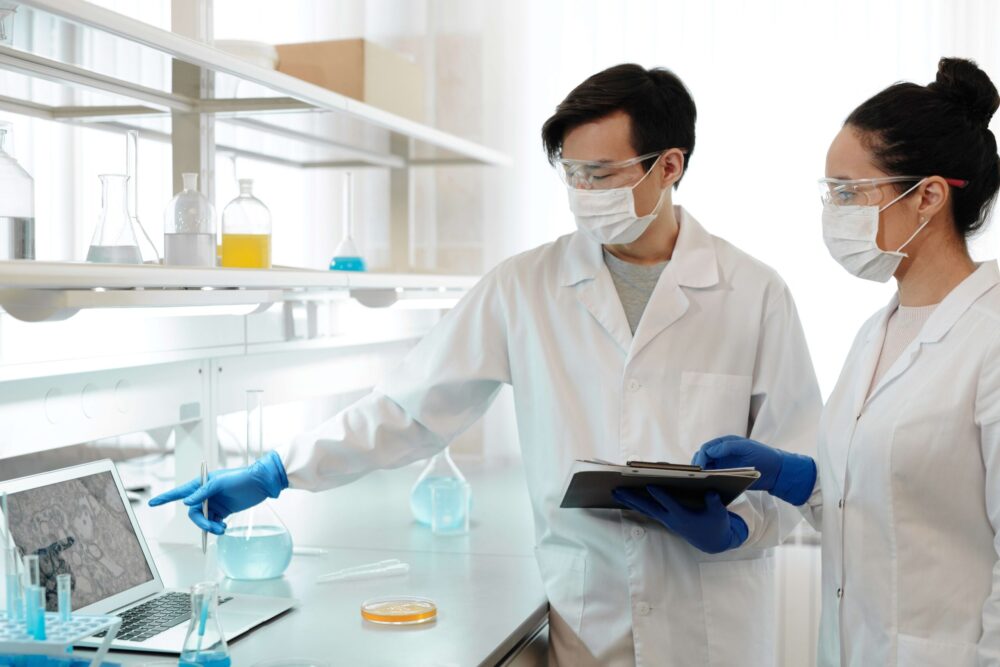The role of research and development (R&D) has become critical in any pharmaceutical company. It is no longer just about bringing new drugs to market but how fast the company can come up with new innovations and market them. In this article, we look at the various career options available to you as a scientist if your ultimate goal is to work in the R&D department of a pharmaceutical company. You need an advanced degree such as a Ph.D. or an MS to work as a scientist in almost any industry, including pharmaceuticals. As you explore these career options, it is important that you understand what each one requires from you and what you can expect from it in return.
R&D Scientist
A R&D scientist is the person who does the actual research in a pharmaceutical company. Most of his/her time is spent in the lab conducting experiments to find out how new drugs work and what are their side effects. The scientist will also study how existing drugs can be modified to treat new diseases or how they can be used in new patient populations. A R&D scientist is expected to manage his/her time between conducting experiments, analyzing data, and writing reports for publication in peer-reviewed journals, regulatory agencies, or for internal dissemination. The job can be challenging, but the satisfaction of making a difference in healthcare is immense.

Pharmacologist
A pharmacologist studies the effect of drugs on living systems and also evaluates new drug formulations to ensure they are safe and effective. A pharmacist with a master’s degree in pharmaceutical sciences can work as a pharmacologist. A pharmacist with a Ph.D. in pharmaceutics is also a pharmacologist. A pharmacist is best suited for this career if he/she has a strong interest in science and biology. There is a lot of laboratory work involved in this job, but the work environment is generally very relaxed. The pharmacologist must work closely with the R&D scientists to understand the new drugs being developed. He/she must also ensure that the existing drugs being manufactured are safe and effective. A pharmacist working as a pharmacologist must have excellent communication skills to be able to convey his/her findings to R&D scientists and other stakeholders.
Quality Control Specialist
This job is mainly about ensuring that the drugs and other formulations manufactured at the plant meet regulatory requirements. A quality control specialist must have a strong science background and is expected to understand the latest regulatory requirements before the product is manufactured. The quality control specialist must also have a good understanding of the manufacturing process so that any deviation from the standard operating procedures can be quickly identified and corrective action taken. A quality control specialist must be able to work closely with the plant management to ensure that regulatory citations are identified and corrected in a timely fashion. This job is best suited for a scientist who is a team player and can work with minimal supervision.

Research & Development Coordinator
A research and development coordinator must be able to manage the workflow of multiple projects. He/she must be able to identify research opportunities and prioritize them based on the company’s goals. The coordinator must be able to identify high-risk projects and ensure they are adequately staffed. A research coordinator is expected to have a thorough understanding of the latest technologies being used to conduct research and should be able to identify potential areas of collaboration between different research projects. Research coordinators are also expected to take part in strategic planning meetings to identify high-payoff areas of research.
Research Scientist (PhD)
A research scientist is expected to take part in designing experiments to understand the effects of new drugs. He/she must be able to identify gaps in knowledge and suggest areas that need further research. The scientist must be able to conduct the experiments and interpret the results. He/she must be able to work closely with the product development team to understand how the new drugs can be modified for better therapeutic effects. The scientist must be able to write reports for publication in peer-reviewed journals or for regulatory agencies. A research scientist must be able to work with a minimal oversight and has limited responsibility for managing the work of other scientists. He/she must be able to prioritize the work in such a way that the team’s research plans are completed on time.

Process Engineer (MS)
A process engineer must be able to design, develop, and operate the equipment used to manufacture drugs. He/she must be able to identify process improvements and be able to troubleshoot problems that may arise in the manufacturing process. A process engineer must have a strong understanding of chemistry and biology to ensure that the manufactured drugs are safe and meet regulatory requirements. This job requires a person who is detail oriented and has strong mathematical skills. A process engineer must be able to work under pressure to meet production deadlines. He/she must be able to work effectively with a minimal supervision and be able to respond appropriately to issues that arise. A person working as a process engineer must have excellent communication skills to be able to communicate with R&D scientists, plant managers, and quality control personnel.
Data Analyst
A data analyst is responsible for collecting and analyzing data related to existing drugs. He/she must be able to identify patterns in the data and use it to identify new indications for existing drugs. A data analyst must be able to work with R&D scientists to understand the experiments and identify areas where the data can be used to come up with new ideas for new drugs. A data analyst must be able to work with minimal supervision and be able to work collaboratively with other scientists in the laboratory. He/she must be able to work under pressure to meet deadlines and must have excellent communication skills to be able to convey his/her findings to the R&D scientists and other stakeholders.

Conclusion
Careers in pharmaceutical R&D are challenging but extremely rewarding. The scientist must be able to work with minimal supervision and be able to manage his/her time between conducting experiments, analyzing data, and writing reports for publication. It is important that you understand what each job requires from you and what you can expect from it in return. This will help you choose the right career path and ensure that you have a rewarding career in R&D in the pharmaceutical industry.
looking for a New Job in Pharmaceutical Industry?
Join free-ist which is an exclusive network of the world’s top Academia and Corporate Researchers in Science and Technology. We provide access to Pharma companies that match you in quality with your skills, as well as compensate more for them


